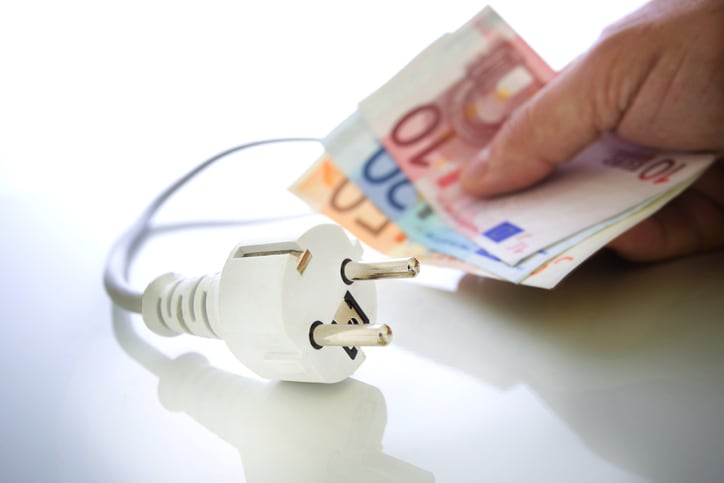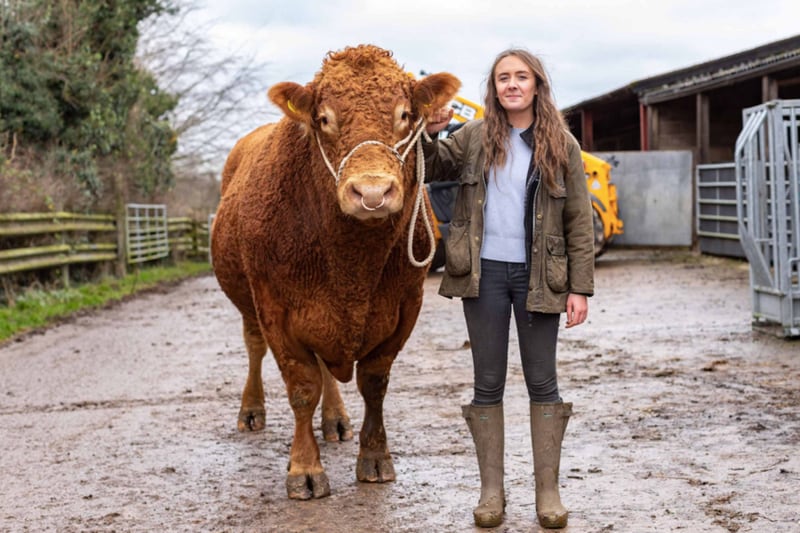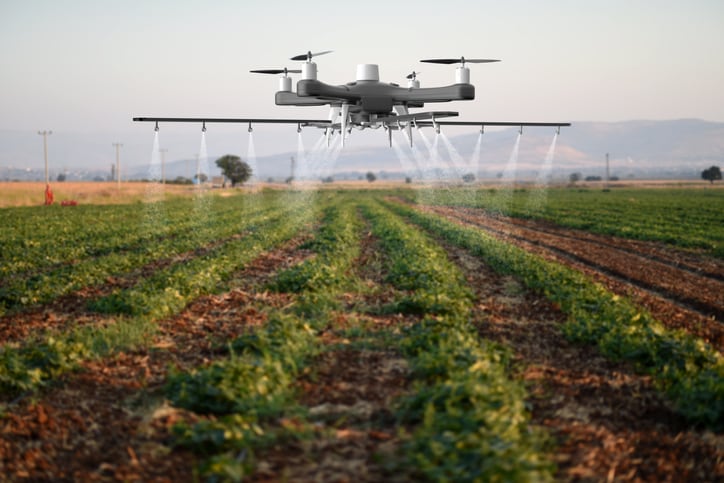The EU-funded S3FOOD project claims many of the 290,000-strong small and medium-sized food companies in the region making up 90% of the European food industry have yet to adopt the intelligent data collection and management systems that can help them cut and control costs in the face of soaring energy costs.
S3FOOD is a four-year €5 million project that aims to inspire, support and fund the digital transition of the European food processing industry. With more price rises expected, the scheme said that smart digital tools are an increasingly attractive investment for reducing energy consumption without compromising productivity. Potential energy savings could reach close to 40%, it claimed.
Helping SMEs start their digital transition
“A lot of energy savings are low-hanging fruit that are easy to achieve,” said S3FOOD project coordinator Veerle De Graef. “But without the means to monitor energy consumption, companies often miss opportunities to improve their efficiency. A primary goal of the S3FOOD project has been to help food companies start their digital transition and experience how quickly they can get a return on their investment.”
Since its launch in 2019, S3FOOD has awarded grants to more than 70 food companies and technology providers working with digital innovation in the EU.
One of the grant winners is a small consortium of Spanish technology providers, which have focused on a large abattoir with energy costs in excess of EUR 500,000 a year.
This project has two main aims: to cut consumption by monitoring and processing more than 40 energy parameters in the plant and to reduce the cost of the energy that the abattoir buys.
“Most companies in Spain are used to getting one bill a month, and that’s all the information they get about their electricity and gas consumption,” said Alberto de las Fuentes, business development manager at ENERGIGANTE, one of the technology partners.
“Our energy monitoring sensors are connected to analysers that send simple, visual information every five minutes, so they gain frequent insights about where energy is used and how they can manage it.
“Our tools also follow daily fluctuations in energy prices so we can keep manufacturers up to date with the cheapest time to run production. That’s important if your plant is only in operation a few hours a day.”
No expense to productivity
Once the solution is in place, the consortium estimates that the abattoir will save up to 20% on energy consumption and costs at no expense to productivity. However, previous experience suggests the savings could be even higher. In a pilot project at the ASINCAR Agrifood cluster in Spain’s Asturias region – the energy-reduction potential was found to be 39%.
The solution is expected to be launched with a success-based payment model, which means the only charge to food processors will be a percentage of the energy cost savings achieved. The Spanish consortium is one of many to have received S3FOOD funding for digital innovations focused on reducing food industry energy consumption and production efficiency overall. Others include the FEB smart data management system, the DTOptiDry digital twin for process optimisation and the YOGUSENSE process analytical technology system for yoghurt production.





